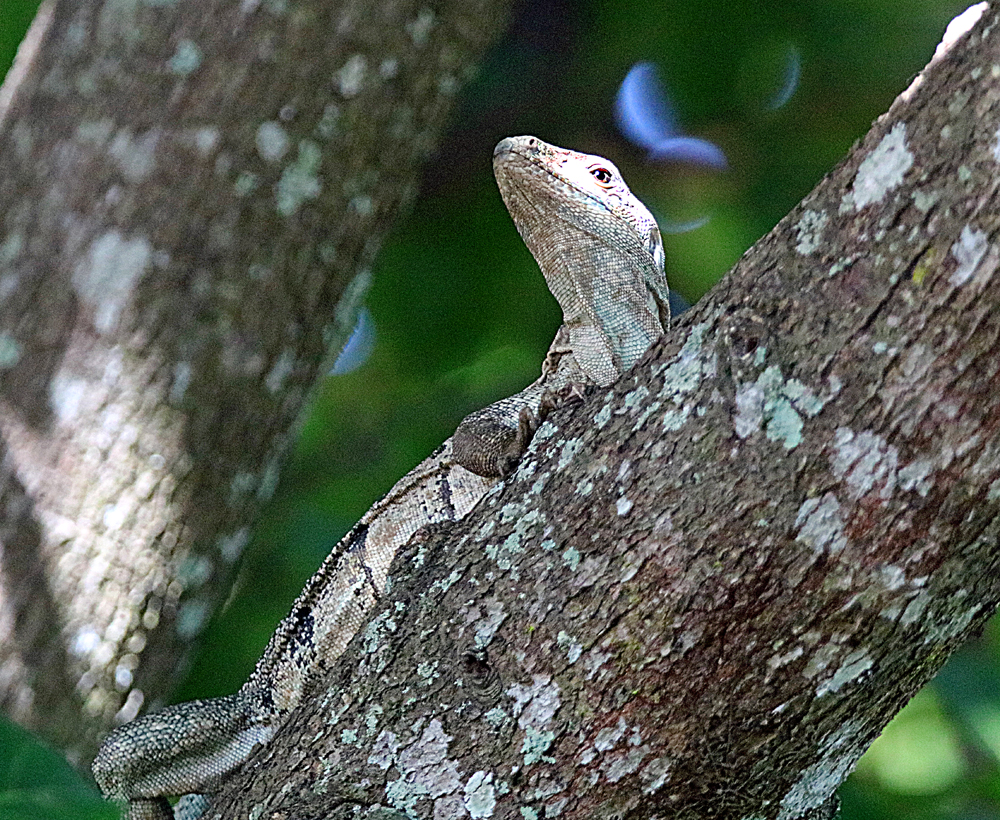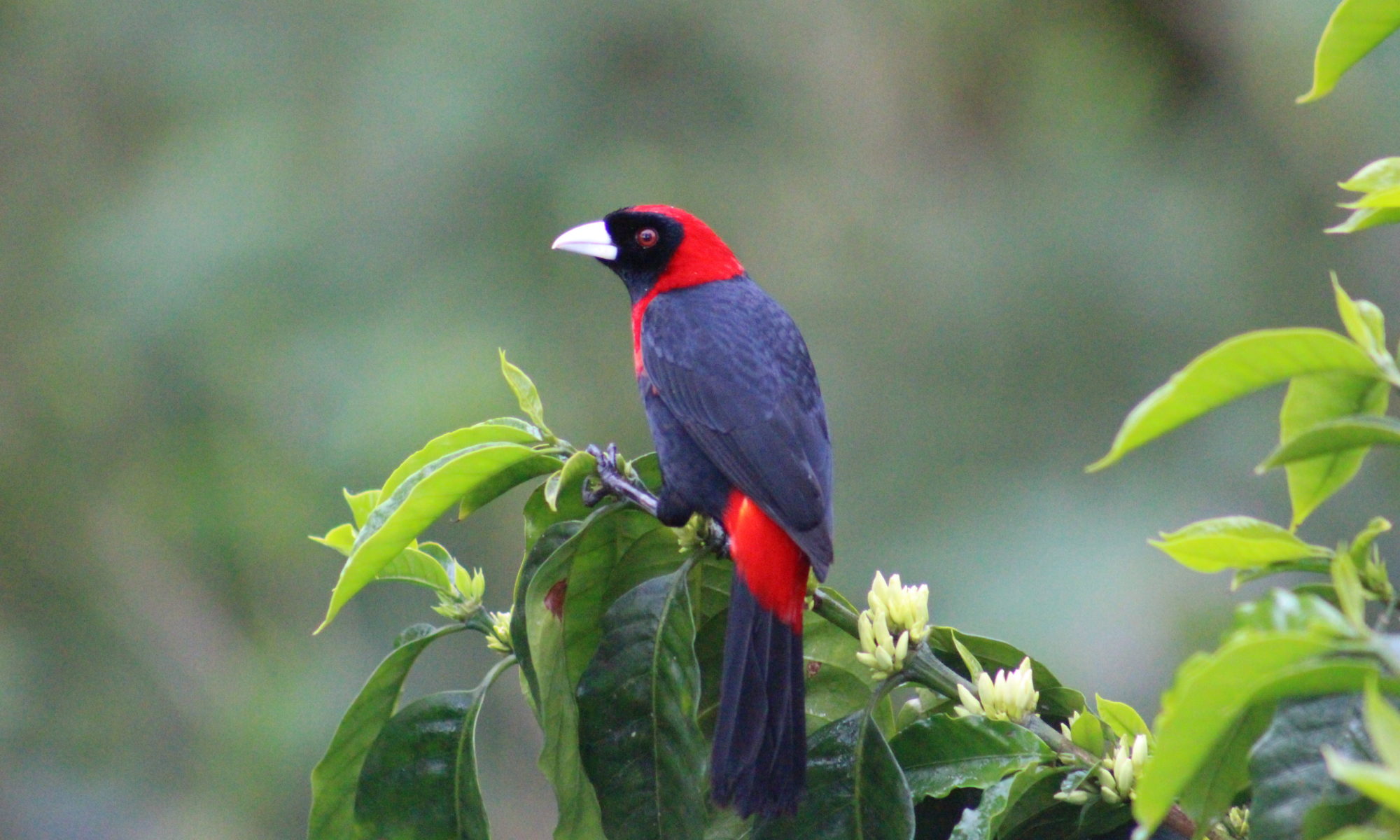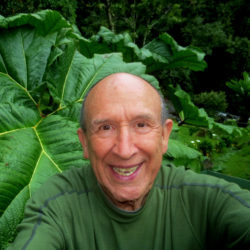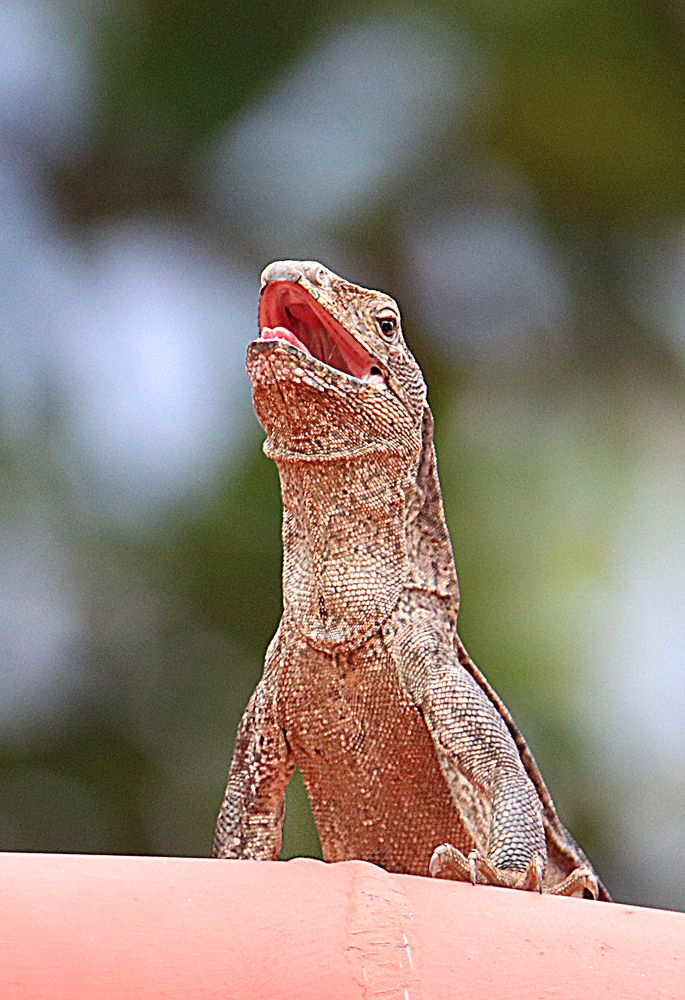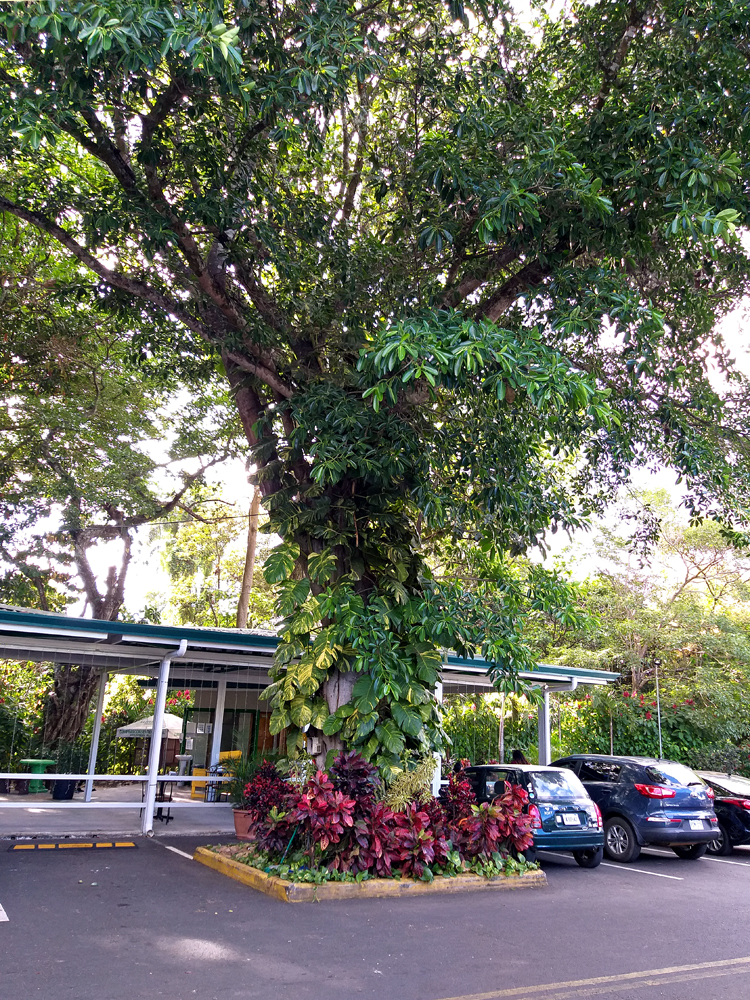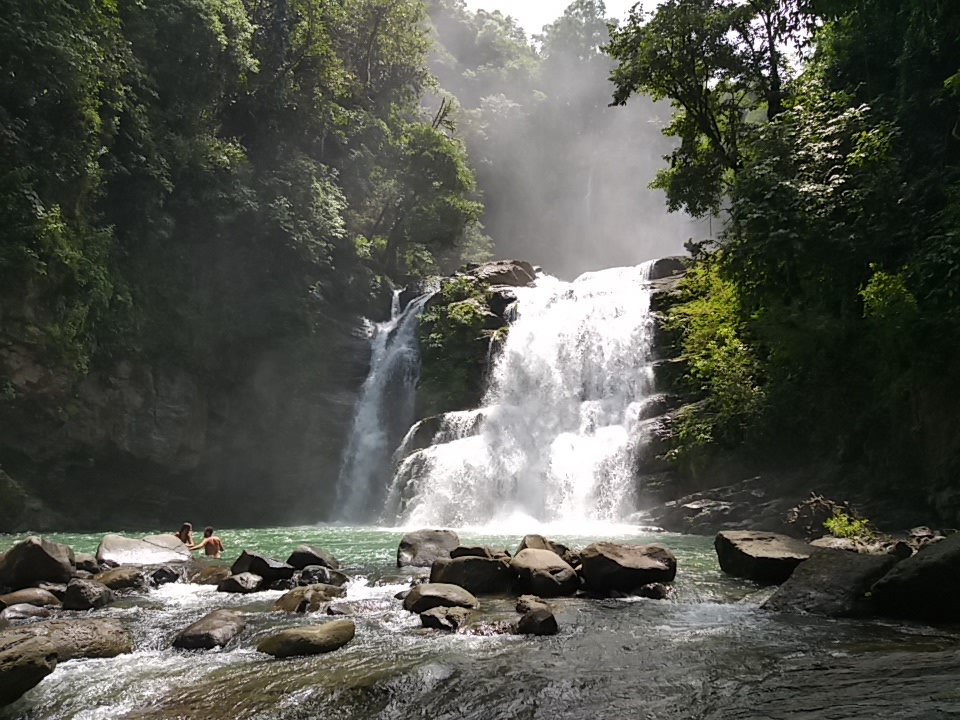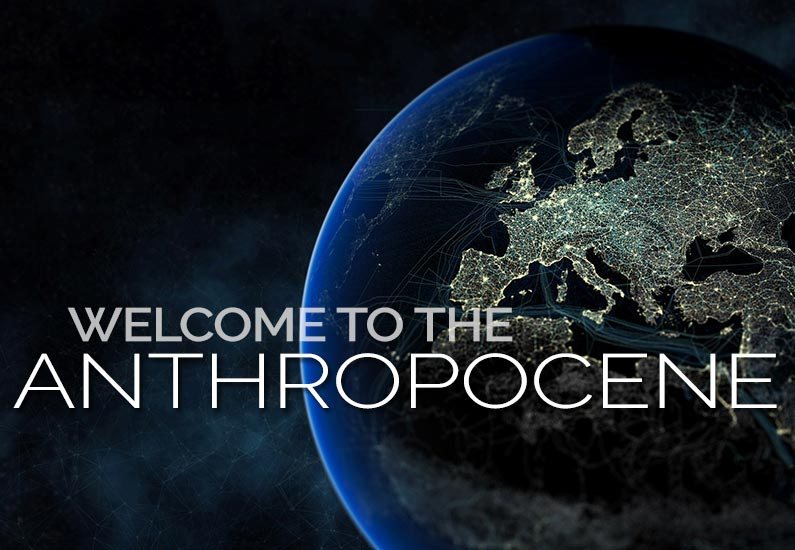Anthropocene – noun
An·thro·po·cene | \ ˈan(t)-thrə-pə-ˌsēn , an-ˈthrä-\
Definition of Anthropocene
: the period of time during which human activities have had an environmental impact on the Earth regarded as constituting a distinct geological age
Most scientists agree that humans have had a hand in warming Earth’s climate since the industrial revolution—some even argue that we are living in a new geological epoch, dubbed the Anthropocene.
— Nature, 12 Feb. 2004 (Copied from Webster’s Dictionary Online)
Alice Major (Canadian Poet Laureate) observes the comedy and the tragedy of this human-dominated moment on Earth. Major’s most persistent question—“Where do we fit in the universe?”—is made more urgent by the ecological calamity of human-driven climate change. Her poetry leads us to question human hierarchies, loyalties, and consciousness, and challenges us to find some humility in our overblown sense of our cosmic significance.
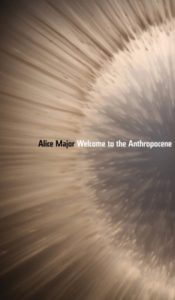 “Now, welcome to the Anthropocene
“Now, welcome to the Anthropocene
you battered, tilting globe. Still you gleam,
a blue pearl on the necklace of the planets.
This home. Clouds, oceans, life forms span it
from pole to pole, within a peel of air
as thin as lace lapped round an apple. Fair
and fragile bounded sphere, yet strangely tough—
this world that life could never love enough.
And yet its loving-care has been entrusted
to a feckless species, more invested
in the partial, while the total goes unnoticed.”
— from “Welcome to the Anthropocene” by Alice Major
Get the book on Amazon
Or from Book Publishers Association of Alberta
Read a review on Goodreads.com
Or join the action with Population Matters
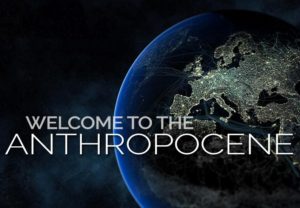
And if you don’t believe in Global Warming, maybe this book of poetry will help you see what is happening to planet Earth. Our grandchildren could enter the year 2100 in a desolate place if earth is even still here.
Retired in the “Ideal Climate” of Costa Rica
That also is in danger of Global Warming.
The climate is changing. Will we change?
¡Pura Vida!
Like this:
Like Loading...
